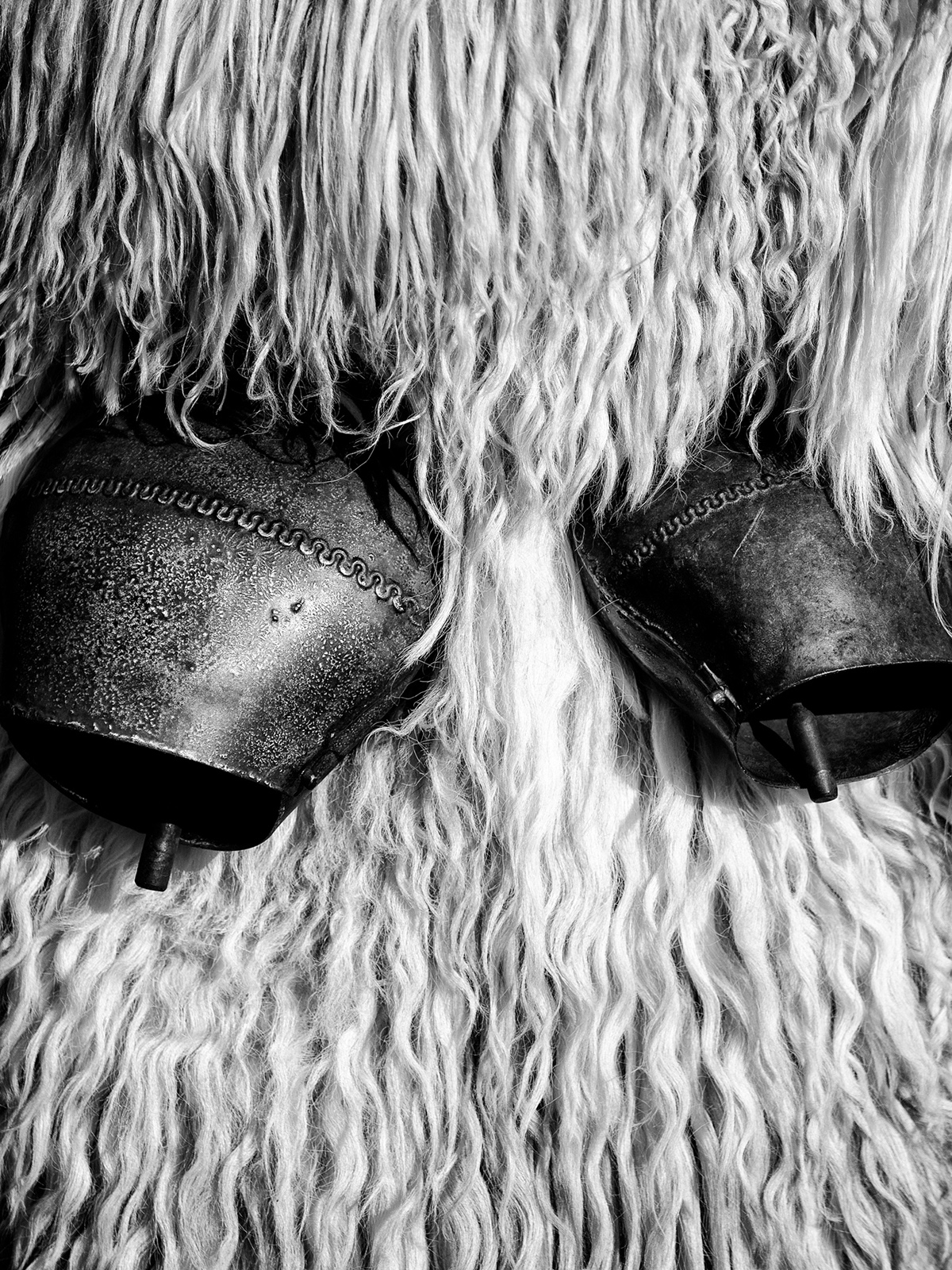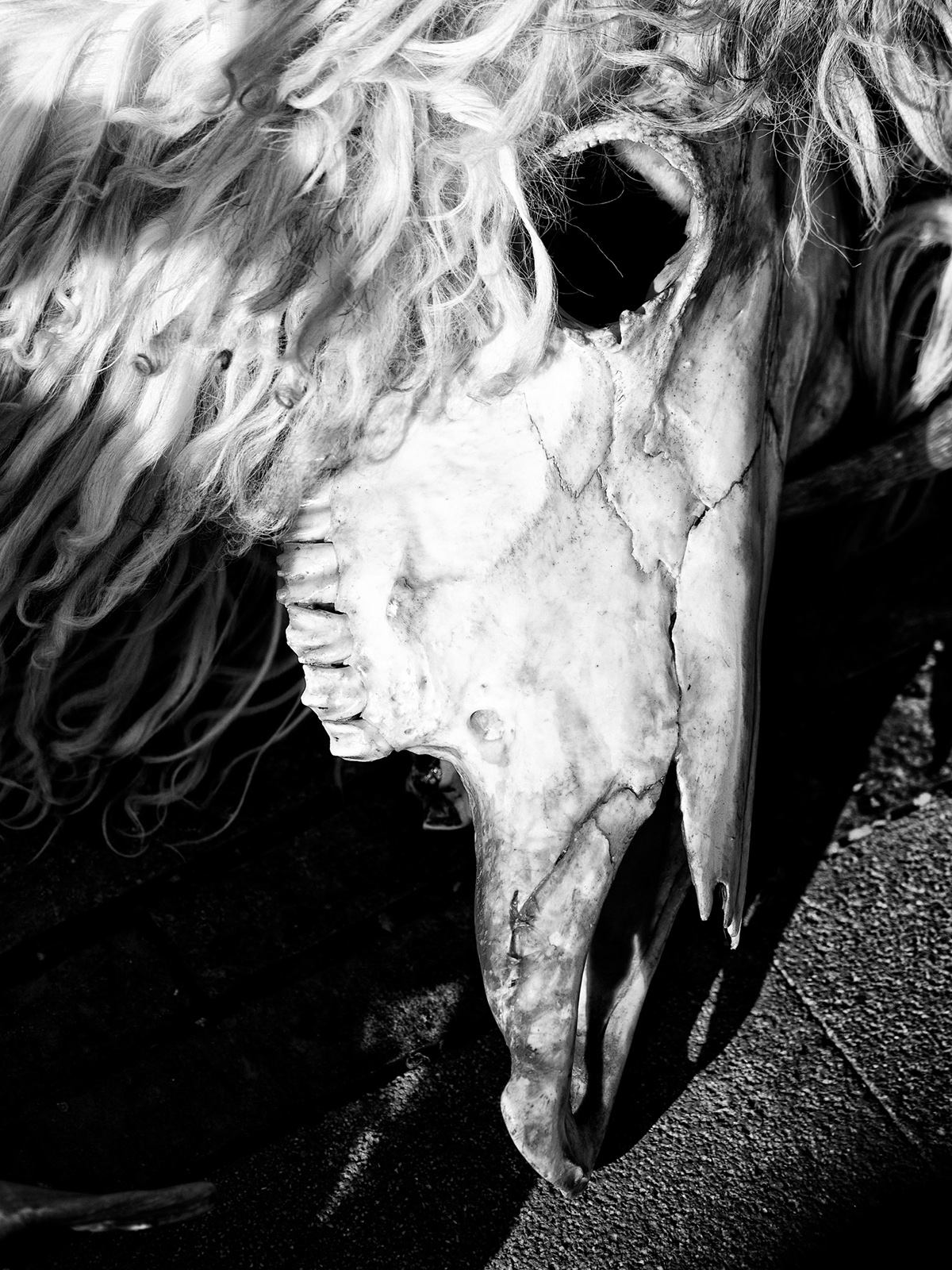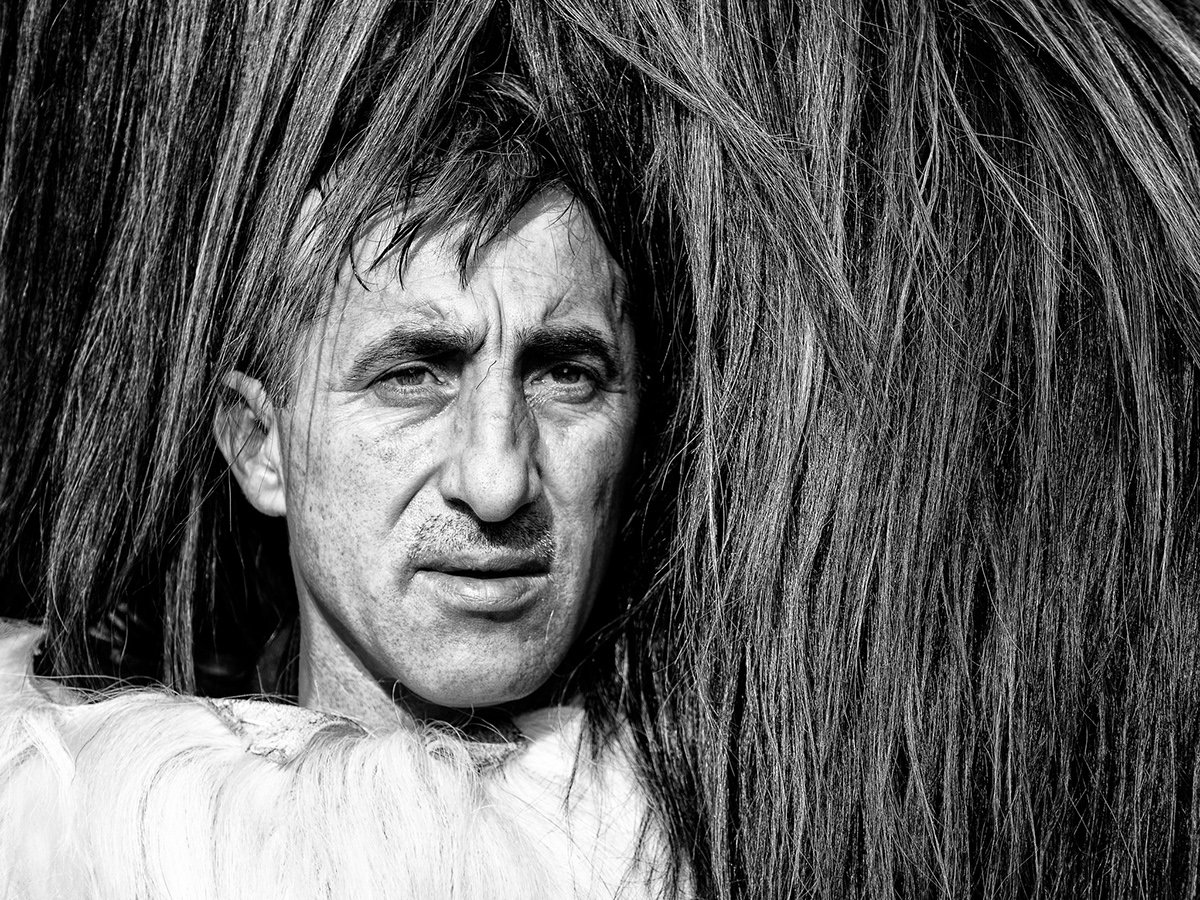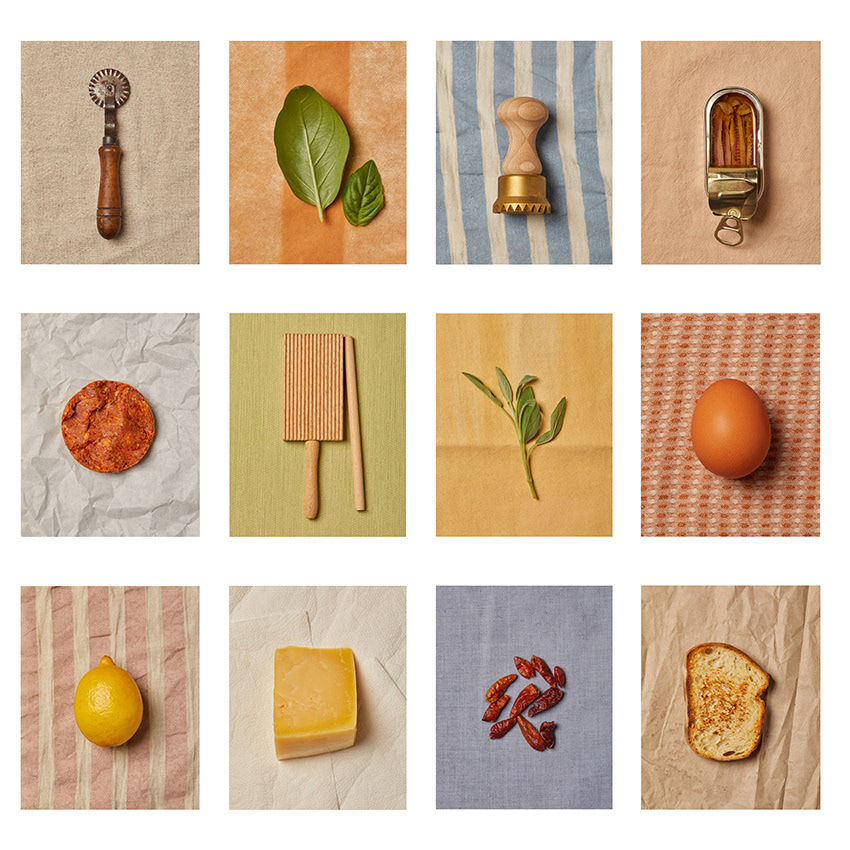SURVA___MASQUERADE___GAMES___2017 part_I
The masquerade rituals that come from old pagan times and are still alive in the Bulgarian folklore tradition.
Bulgarian masquerade games are mainly interwoven in the contexts of the holidays between Christmas and Easter. In different regions of Bulgaria men put on masks around New Year, during the twelve days of Christmas (Christmas till Epiphany), on Sirni Zagovezni (the Sunday before Lent), and on Todorova Nedelia (the Sunday before the start of the Easter Fast).
In Western Bulgaria, the people who perform these rituals around New Year are known as Survakari while those who participate in the pre-spring masquerade games are referred to as Kukeri.
The symbolic meaning of the winter and pre-spring rituals performed by single men is related to the end of the old year and the advent of the new and to the upcoming awakening of nature for new life. These rituals represent the wish for a rich harvest, health and fertility for humans and farm animals. They are intended to chase away the evil spirits and prepare people for a new beginning.
The dance of the masked men is a mystic unity of rhythm, sound, and color. They move in a special step. Wearing impressive masks and unique costumes they fill the air of the villages with the sounds of hundreds of bells and whispered blessings wishes for prosperity.
The mask, according to folklore beliefs, protects from the harmful influence of impure powers. Bulgarian ritual masks are a rich source of information on the country’s various ethnographic regions.
The sounds of the bells hanging from the belts of the dancers are said to reinforce the protective properties of the masks.
Suva festival of the masquerade rituals that come from old pagan times and are still alive in the Bulgarian folklore tradition.
Bulgarian masquerade games are mainly interwoven in the contexts of the holidays between Christmas and Easter. In different regions of Bulgaria men put on masks around New Year, during the twelve days of Christmas (Christmas till Epiphany), on Sirni Zagovezni (the Sunday before Lent), and on Todorova Nedelia (the Sunday before the start of the Easter Fast).
In Western Bulgaria, the people who perform these rituals around New Year are known as Survakari while those who participate in the pre-spring masquerade games are referred to as Kukeri.
The symbolic meaning of the winter and pre-spring rituals performed by single men is related to the end of the old year and the advent of the new and to the upcoming awakening of nature for new life. These rituals represent the wish for a rich harvest, health and fertility for humans and farm animals. They are intended to chase away the evil spirits and prepare people for a new beginning.
The dance of the masked men is a mystic unity of rhythm, sound, and color. They move in a special step. Wearing impressive masks and unique costumes they fill the air of the villages with the sounds of hundreds of bells and whispered blessings wishes for prosperity.
The mask, according to folklore beliefs, protects from the harmful influence of impure powers. Bulgarian ritual masks are a rich source of information on the country’s various ethnographic regions.
The sounds of the bells hanging from the belts of the dancers are said to reinforce the protective properties of the masks.



































